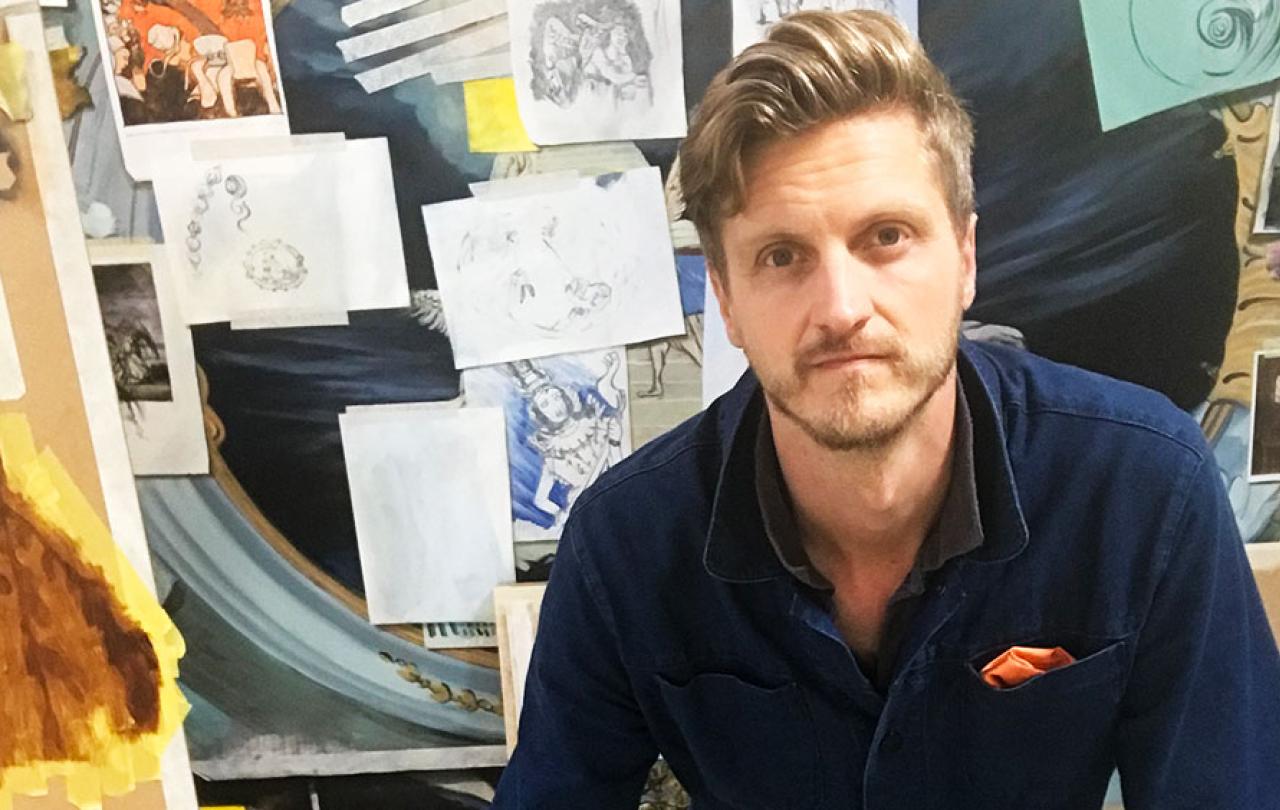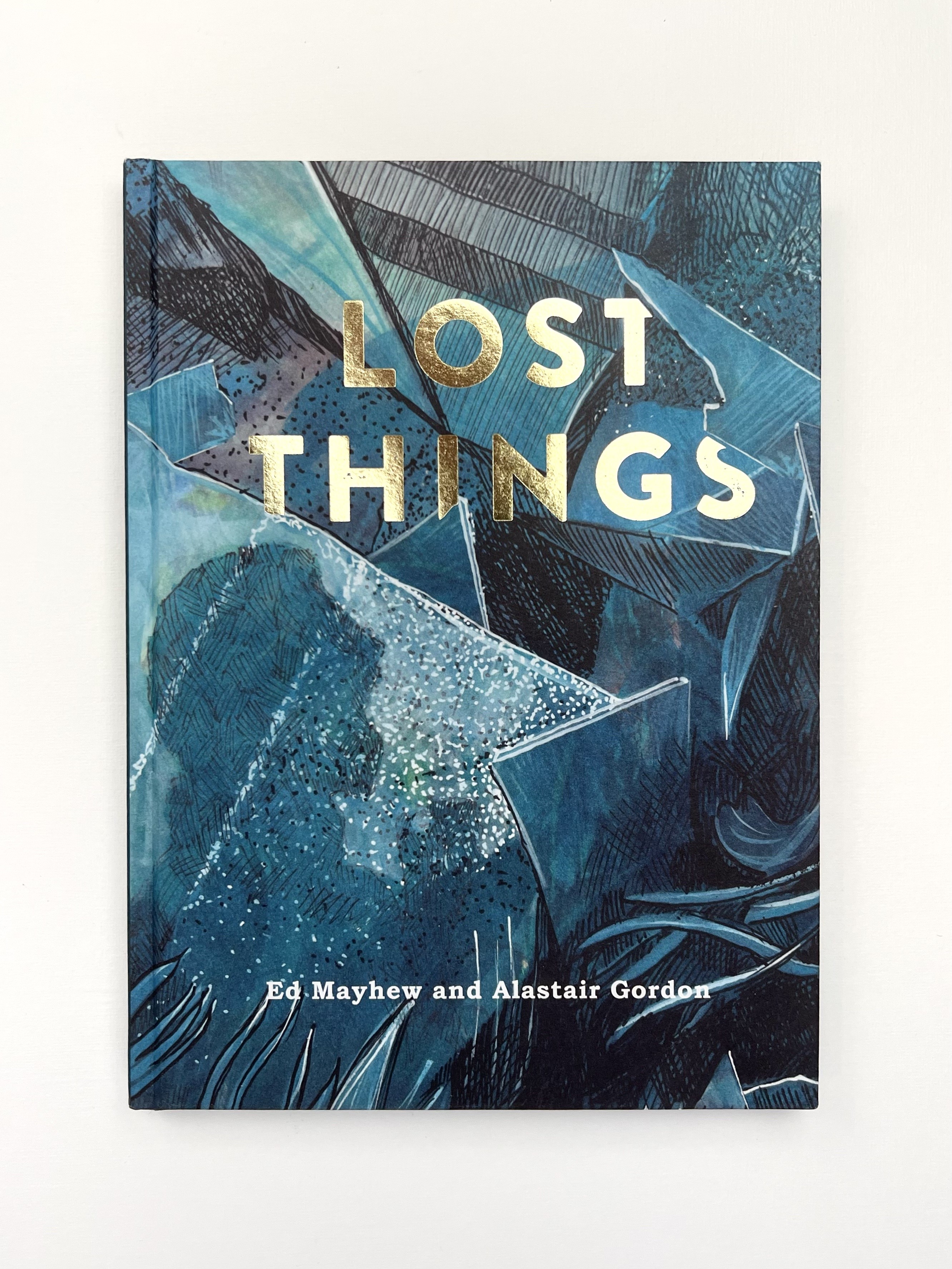
The USA is a strange place. At least to us foreigners. Already this year I have spent two separate weeks there. The first was a week in Texas where Trump/Vance flags flew triumphantly and shops proudly displayed MAGA hats and related merchandise. The second was a week on the liberal west coast, in San Francisco and Seattle, where it was Pride flags that fluttered in the wind, and Trump and his lackeys were viewed as the enemy of everything good and true. There could hardly be a greater contrast.
I've been trying in particular to get my head around why evangelicals have so solidly backed Donald Trump, especially so since I grew up with and still to an extent own that label here in the UK. I spoke recently with Walter Kim, a gentle, thoughtful Korean-American leader of the National Association of Evangelicals. He pointed out that the evangelical constituency in the USA is far more ethnically diverse than the image of the white, country-music loving, confederate flag-flying southern Republican that we often assume in Europe. Many evangelicals worship in churches which are ethnically very mixed, and who have no time for Trump whatsoever.
For him, the name ‘evangelical’ had been hijacked by a political movement. Many people assumed that if you are Republican in your sympathies, voted for Trump, and are resistant to the ‘woke’ policies of the Democrats, then you must be an ‘evangelical’ regardless of your religious or theological convictions. Bizarrely, he pointed out that in a recent survey, a significant number of Muslims had claimed the designation ‘evangelical’. I told you America was a strange country.
Now of course, many evangelicals do support Trump. Yet even among them, it is hard to find anyone who will mount an argument for him as a moral exemplar, a shining example of virtue and integrity. Even those who support him acknowledge his own moral frailty, his murky past in relation to women, financial dealing, and truth-telling. Be that as it may, there appear to be two broad positions evangelicals take for supporting Trump.
One is to say that his character may be flawed, but his policies are good. Tim Alberta's book on American Evangelicalism, The Kingdom the Power and the Glory, suggested that for some evangelicals, voting for Trump was “nakedly transactional - Christians trading their support sans enthusiasm in return for specific policies.”
Most evangelicals are of the opinion that there is something fundamentally wrong with putting an essentially male boxer in a ring with a female one. They feel distinctly uneasy with the widespread and cavalier destruction of what they consider to be nascent human lives in the womb. They value traditional marriage and the family as a key building block of a healthy society and as the best means to bring new lives into the world and nurture them through their formative years. Some think the right to carry a gun is a safeguard against lawlessness and encroachment on the privileges of the individual.
They may also be nervous of the impact on the USA of illegal immigration, dislike economic policies which have raised the cost of living - especially tough if you are poor, are anxious about the rise of China as a world power which, if its growing influence across Africa is anything to go by, threatens domination across the globe in coming decades with an atheistic regime hostile to Christianity and religious freedom.
For them, the Democrats under Joe Biden seemed to ignore all of these things. They seemed to be wrapped up in a small bubble of their own marginal issues and grew out of touch with ‘mainstream America’. And so many evangelicals voted for Trump, with deep reluctance given his moral frailty. His polices were OK, but the deal was worth it, even if his character was dodgy.
Yet, as Alberta observes, there is now a different strand of evangelical support for Trump, much more bullish and brazen. He is, they claim, yet another of many flawed leaders that God has used for his purposes in the past. In the Bible, King David had his mistress’s husband murdered so he could marry her; his son Solomon had a weakness for women and yet was used by God to build the great Jerusalem Temple; King Cyrus was a Persian king who allowed the Israelites to return from exile. Trump is now the chosen one of God to restore America as a Christian nation, despite his flaws.
In both of these approaches, the assumption is that good character is desirable, but not essential for leadership and establishing good government.
I am not so sure.
Of course, getting good policies matter. Yet character matters just as much, if not more.
As it happens, the story told in the Bible doesn’t think flawed, unrepentant leaders are good leaders for a nation. After the contract killing, King David realised he had done something terribly wrong and was deeply remorseful for his actions. Solomon's wandering eyes caused untold damage to Israel in future years, leaving it open to all kinds of destructive idolatry. And Cyrus was never a king of the nation of Israel anyway, just a neighbouring potentate whose foreign policy enabled something good to happen.
The problem with adopting an unrepentant leader with deep moral failings is that leaders set the tone for the organisations that they lead. It's true of any school, church, business or government. Whatever leaders say, it's what they do and who they are that matters just as much. And that is because what they do and how they are gives an idea of the kind of behaviour that is least permissible, but at most recommended, to get things done.
A leader who achieves results through bullying, demeaning opponents, getting rid of the people who confront him, and who thinks that making a lot making a lot of money is both the main aim in life and the marker of success, sends out the unspoken message that bullying, domineering and making money are the thing to do. This is how to get on. Such behaviour will always be overlooked with a smirk, or even rewarded. He - or she - sets the tone for the nation / business / organisation / church.
It's an age-old rule. Kids pick up the behaviour of their parents. Churches reflect the personality of their pastors. Businesses end up taking on the character of their CEOs. Boris Johnson fell from grace as Prime Minister of the UK not because of his economic or social policies (if he had any), but due to his character – an inability to tell the truth eroded trust and came home to roost in the end.
Of course, getting good policies matter. Yet character matters just as much, if not more. We might argue the toss over whether Trump's tariffs, his standing up to China, his approach to getting a peace deal in Ukraine, his reversing of illegal immigration is, or is not, the right policy. But the way he goes about these things speaks more loudly than the policies he adopts. The way we do things is as important as what we do.
In leadership, competence and chemistry matter. But in the long run, character matters the most.
Celebrate our 2nd birthday!
Since Spring 2023, our readers have enjoyed over 1,000 articles. All for free.
This is made possible through the generosity of our amazing community of supporters.
If you enjoy Seen & Unseen, would you consider making a gift towards our work?
Do so by joining Behind The Seen. Alongside other benefits, you’ll receive an extra fortnightly email from me sharing my reading and reflections on the ideas that are shaping our times.
Graham Tomlin
Editor-in-Chief







